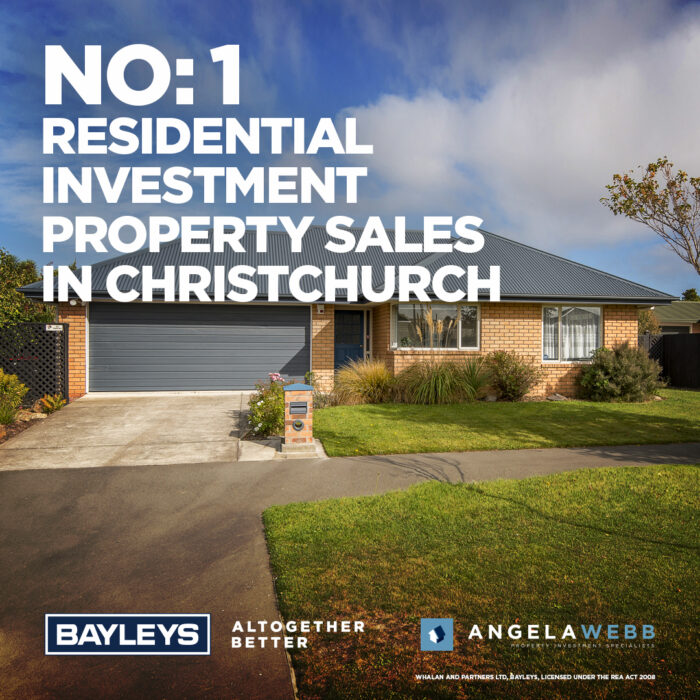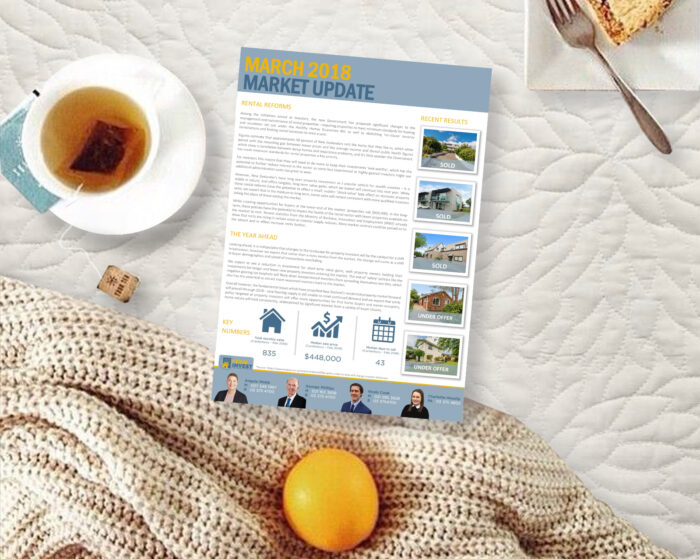What does it mean to own?
Intensification of housing is changing the way we own property, with a direct impact on what many of us can and can’t do with our slice of real estate.
Home ownership has long been a cherished goal for Kiwis, but there’s more to it than taking possession of the keys. There are four main ways Kiwis own property – freehold, leasehold, unit title and cross lease. Each has practical implications on things like your rights to make alterations or extensions, what bills you’ll pay, and your relationships with neighbours – and all are reflected, ultimately, in a property’s market value.
Freehold title is the most common, and usually the simplest. But one in three Auckland homes is owned with a cross lease or unit title, according to Auckland Council, and unit titles are becoming ever more common as cities intensify with more apartment blocks, townhouses and other developments with multiple owners.
This means it’s more important than ever to understand the different types of ownership, along with their associated rights, responsibilities and restrictions.
For any type of property, it’s vital to ask your lawyer or conveyancer to review the record of title which contains the property’s legal description, details of its ownership and any rights and restrictions registered against it.
Freehold
Also known as ‘fee simple’ title. If the documents say the home is on “freehold land” it means you own the land and, generally, any buildings on it. This type of ownership lends the owner the most autonomy to make changes or extensions and therefore often attracts a higher price. In some cases, freehold title can be subject to legal interests from third parties – such as restrictions under the Resource Management Act, covenants limiting what can be built or easements allowing neighbours or utility providers to use part of your property.
Cross lease
According to Land Information New Zealand (LINZ) data, in 2016 cross leases were the second most common form of ownership in Auckland, making up 18 percent of all titles.
Often the result of subdivision, a cross lease gives you two interests in the property: a share of the freehold title in common with other cross leaseholders; and a leasehold interest in the area and building you occupy. Leases are usually for 999 years for a nominal rent.
Any structural changes to your home or shared areas must usually be agreed to by other owners. Depending on the cross lease terms, you may also need other owners’ consent to make non-structural changes, including painting your home’s exterior or putting up a fence.
Cross leases can be complicated and, reflecting this, Property Institute research suggests cross lease properties can sell for up to 7.5 percent less than equivalent freehold properties.
Unit title
This ownership type is common in buildings with multiple owners. According to LINZ, in 2016 more than one in eight property titles in Auckland were unit titles, and the number is growing rapidly as apartments boom.
As a unit title holder you own your apartment, plus any further units set out in the record of title, such as car parks or storage areas. You also own an undivided share of common property such as lifts, lobbies and gardens.
A unit-title dwelling is likely to be cheaper to buy than a freehold property, but there are ongoing costs – and rules.
All unit owners are members of the ‘body corporate’, which sets rules for living in the building and oversees operation of shared facilities. Unit holders generally pay a body corporate fee – which can be several thousand dollars a year in Auckland – and are bound by the rules.
Responsibilities generally include maintaining your units so no damage is caused to others, and notifying the body corporate if you want to make additions – you’ll need its consent if additions will affect other units or common property.
Vendors must give you information including pre-contract and pre-settlement disclosure statements, the body corporate’s operational rules, long-term maintenance plan and insurance policy.
Leasehold
As with unit title, a leasehold property will generally be more affordable than an equivalent home owned freehold, but it also comes with costs. Leasehold ownership means someone else owns the land, and you pay them ongoing ‘ground rent’. What you buy is an exclusive right to possession of the land and buildings for a set period, under terms set out in a lease. In some cases you will own the buildings.
When the lease term ends, the land and buildings must be returned to the freehold owner in the condition specified in the lease.
Ground rent is set on the value of the land, so will generally increase over time. As you don’t own the land, you’ll not benefit from any rise in its value. Towards the end of the lease, the shortening term and increased rent can make it harder to sell.
This is a brief, general guide only, and should not be used as a substitute for legal or other expert advice.
Source: https://www.bayleys.co.nz/news/residential/whatdoesitmeantoown
Contact us today
Angela Webb
Licensed under the REA Act 2008
Mobile: +64 27 349 1997
Office: +64 3 375 4700
angela.webb@bayleys.co.nz


